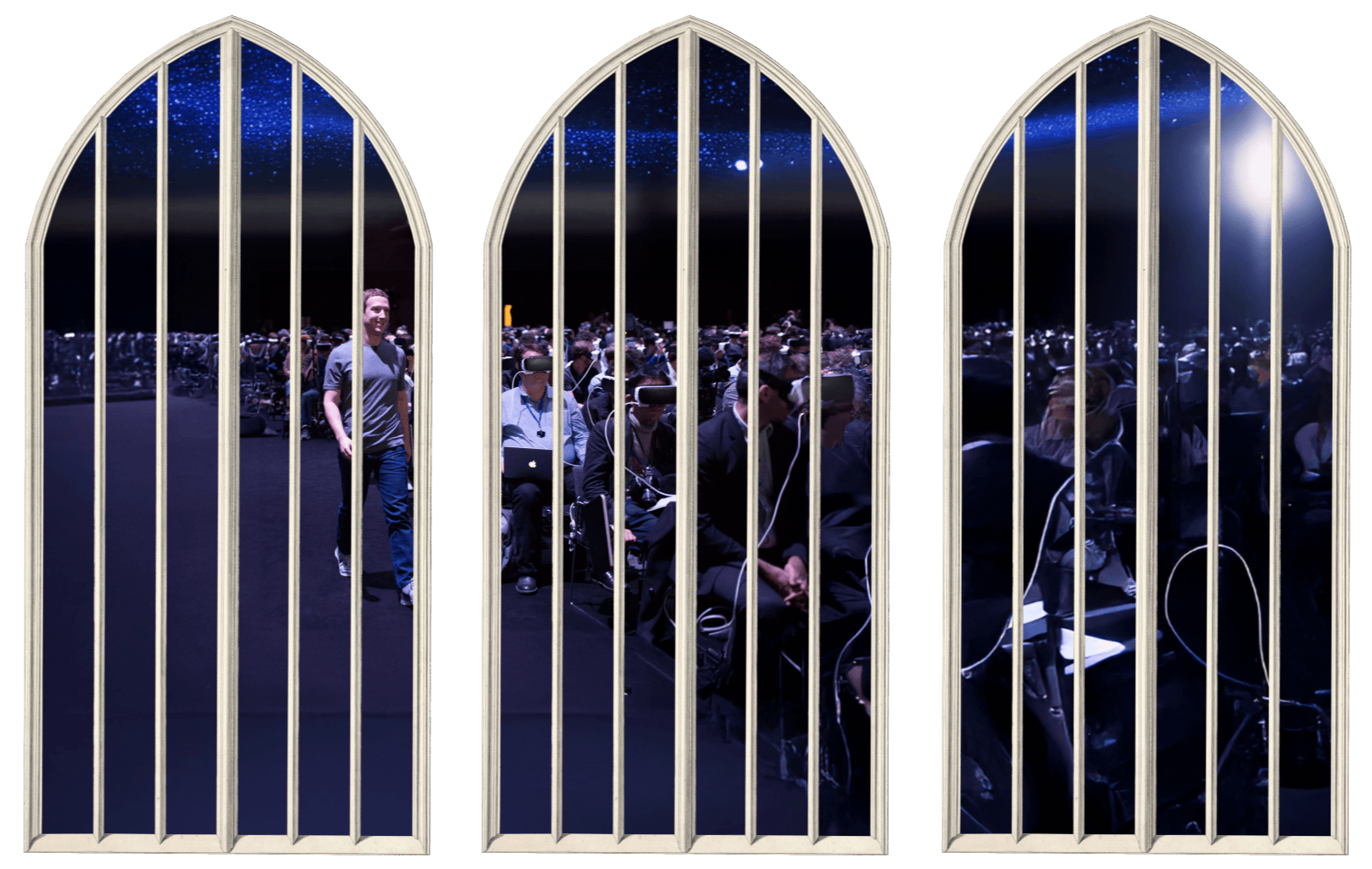Since the PR giant Edelman and Technorati are working together they are both trying to become an industry reference for statistics on the blogosphere. Of course this is free publicity for both and in plus they can sell the data to their customers. The question is how reliable is Technorati’s data? How serious is that business?

Japanese, the most active blogging language? Are the fake blogs—the so called “gomiburoggu”—part of that statistic? (A disproportionally high number of Japanese blogs are fake SEO-vessels). How is that data handled and sold and why has no one asked these questions before?
Reality Check
Technorati doesn’t have a wide enough acceptance to make such a claim. A large number of bloggers doesn’t use Technorati and thus the data that they deliver is incomplete and often just plain wrong. How do we know that?
Edelman and Technorati tried to bring the big European bloggers and the big European corporations at a roundtable and discuss matters of the blogosphere with them. As it turned out it was less a roundtable than a self PR for Technorati and Edelman. The one French guy I spoke to described the event as a mere disaster. In Germany it was described as plain ludicrous.
- It was announced as a meeting of bloggers and industrials. In Germany two representatives from the industry showed up.
- Instead of discussing (they called it round table) the attendants had to listen to a one hour presentation. But as bad comes to worse:
- Not just the event as such, the data that Edelman/Technorati presented on behalf of the situation of the blogosphere in Germany was useless: Among the top 100 German bloggers there were many unknown ones in the top 10 and 36 of the most relevant were missing. The other European charts turned out to be as amateurish.
- Asked why that is the case, Technorati tried to blame the beta stage of their software. No matter who’s fault it is: Fact is, Technorati’s data is borked. Yet Edelman presents Technorati data as a fact.
Based on Technorati data, Edelman claims that the Japanese blogosphere defines about 31% of the global blogosphere while the English share is about 25%. Sensational, isn’t it?
By comparing the Internet language market share of English (35%) and Japanese (8.4%) it becomes clear that this result is more than just unlikely. Technorati Japan is popular, that’s all this study tells us. Of course it depends how they define “blog entry”. But looking at how wrong they were with their top 100 European bloggers the whole study collapses like a house of cards. That Japanese are 31 times more productive in terms of blogging than the Germans just doesn’t make sense. For someone that reads German blogs and lives and works in Japan even less.
More doubts arise if you look at the mere number of Myspace blogs (106 Million September 2006) and Facebook profiles (7.6 million). These mostly English blogs produce less entries than 8 million Japanese blogs (including 5.7 Million mixi profiles). The numbers don’t add up.
The problem with Edelman/Technorati publishing unreliable data is that this data is hard to verify as there are hardly any resources to check back. The amount of raw data and the fact that everyone refers back to Technorati as their main source doesn’t allow to verify their claims.
While Technorati does acknowledge that they are “grossly undercounting the Korean blogosphere”, it seems irresponsible to publish and sell that messed up data as a work in progress.
Conclusion
What is in it for Edelman? Looking at how naively they orchestrated and handled the repeated Wal-Mart flogging and how badly they operate their website, they might seem harmless. Robert Pickard, CEO of Edelman Japan confirmed that “social media relations services might range from USD 5-25k per month”. And the main tool for “social media relations” is Technorati. Again, if that is true, it’s not evil. It’s amateurish. PR reinventing itself as New Media consulting?
Maybe they’re just a panicking PR giant trying to shake off their conservative armor and quickly get into a new field to reinvent themselves as No1 New Media experts.
Given how sensational it sounds to say that “31% of blog entries are Japanese”, it becomes clear why this data gets distributed quickly. And being cited everywhere by two big names it is quickly believed. The core idea of course is to generate attention for Technorati and Edelman.
But what if that data is all as bogus as the German top 100 bloggers? If that is the case, there is no need to boycott the two companies, sooner or later they will slip and fall by themselves.







